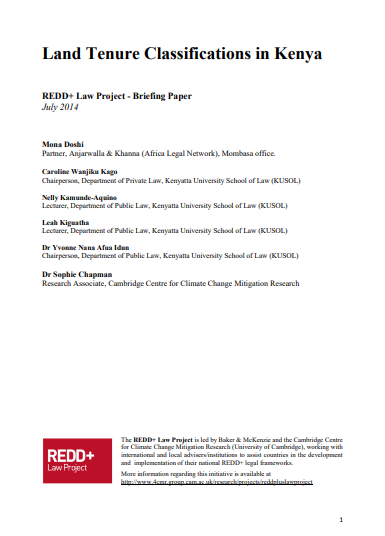Location
The Cambridge Centre for Climate Change Mitigation Research (4CMR) produces interdisciplinary scholarly research to identify and assess policies that reduce the risks of climate change while allowing for global economic development. We do this through the study of both mitigation (reducing climate change) and adaptation (reducing the risks when climate change does occur). At the heart of our research is the development of integrated models that allow for the complexity of social and physical processes to emerge through linking knowledge of economic, environmental, energy, land and public health.
We are part of the Department of Land Economy of the University of Cambridge. Hence our work combines the perspectives of the faculty of the Department: economics, ecology, law, planning, finance, environmental policy, risk assessment, spatial analysis, land and property management.
In addition to research, the staff of 4CMR provide modules in the MPhil programme of the Department, supervise undergraduate, MPhil and PhD student dissertations, and engage with policy makers and thought leaders around issues of climate change mitigation and adaptation.
Members:
Resources
Displaying 1 - 1 of 1Land Tenure Classifications in Kenya
The UNFCCC framework asks countries to include a national REDD+ institutional framework with certain key elements, many of which will draw on existing legal frameworks. For example, as part of their national strategies and action plans (discussed above), countries are requested to address. land tenure issues:1 The importance of land tenure for regulating land use and assigning benefits from REDD+ has been widely noted. Nonetheless, clarifying and then administering land tenure is a complicated issue that presents a challenge for many countries.

